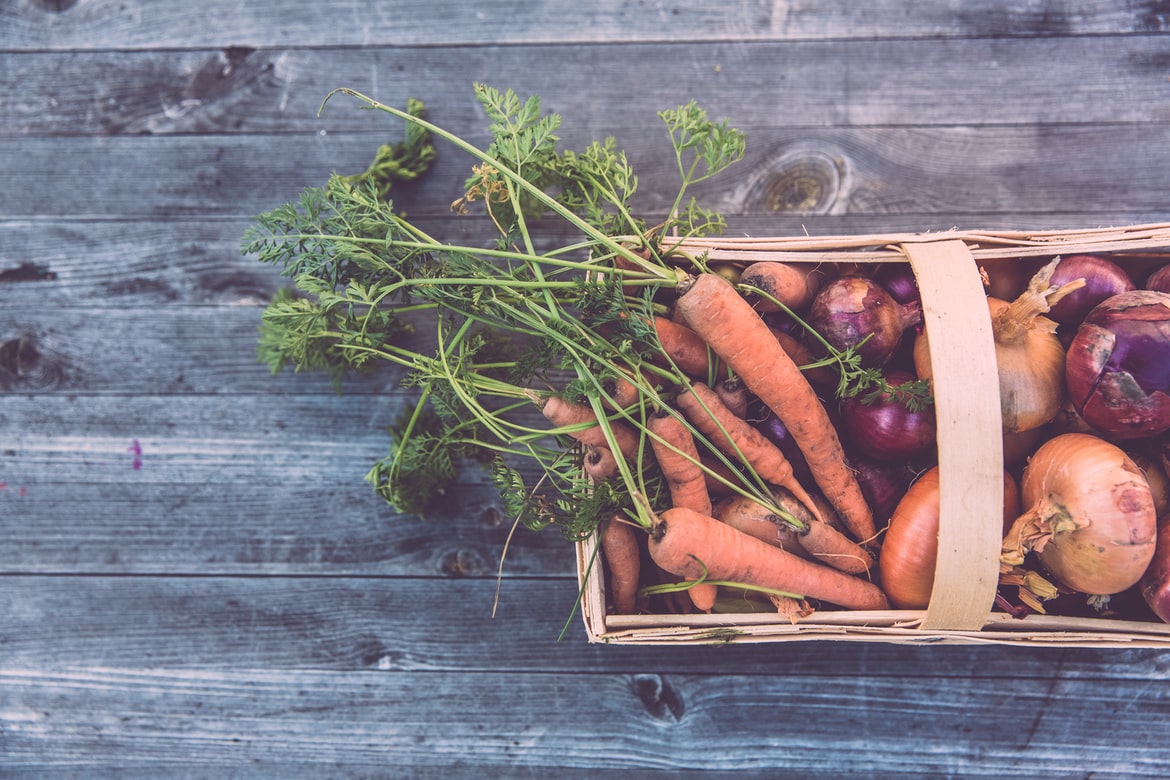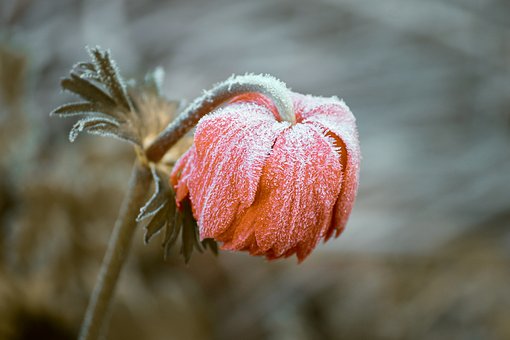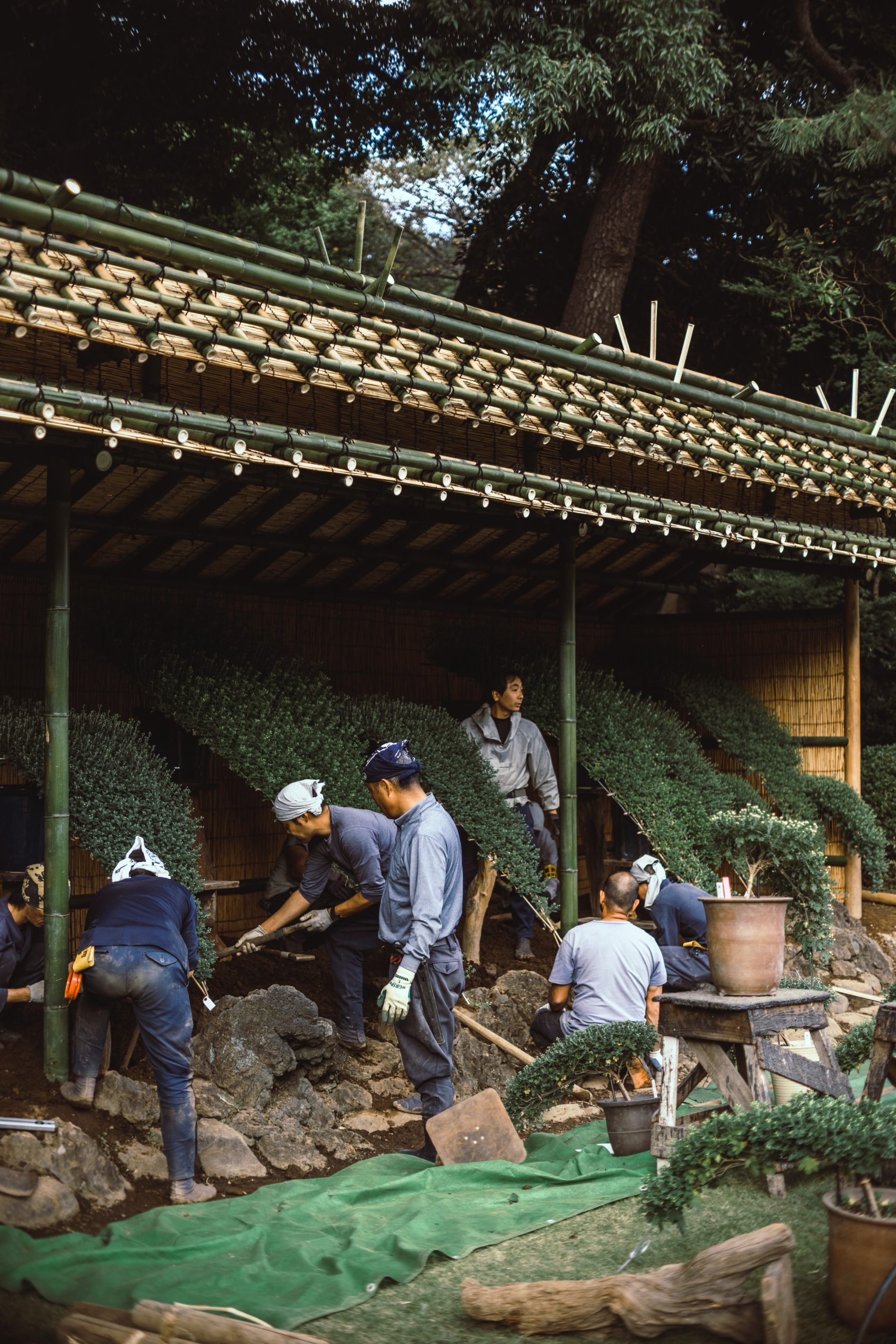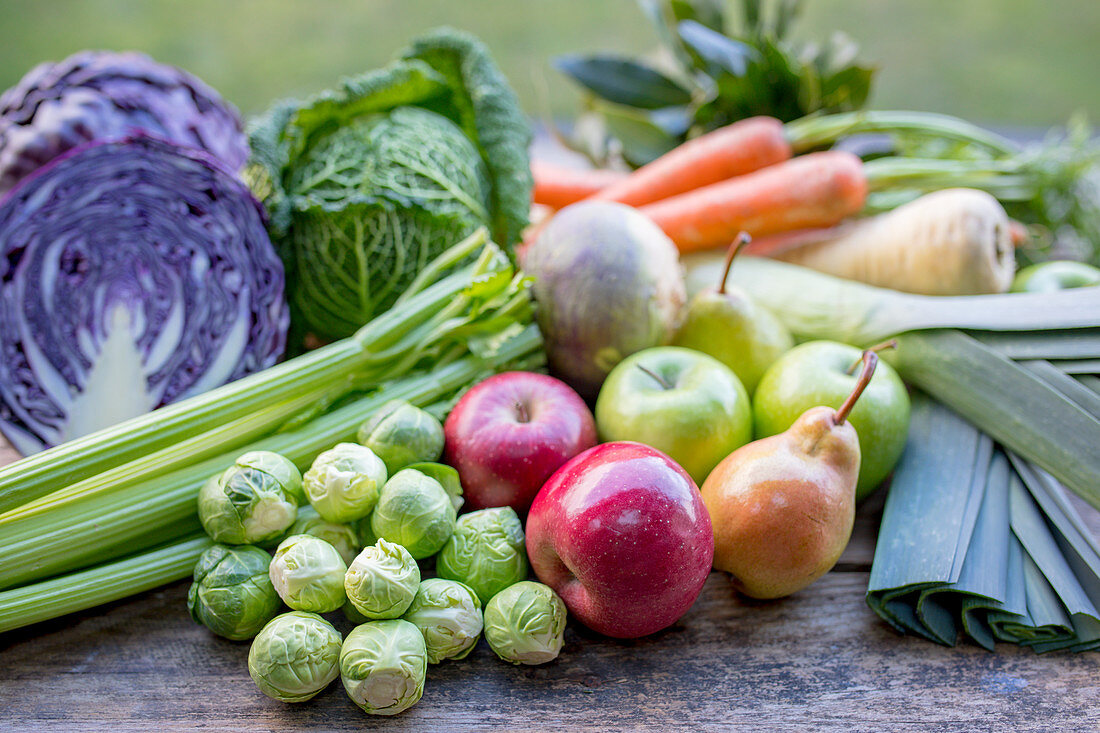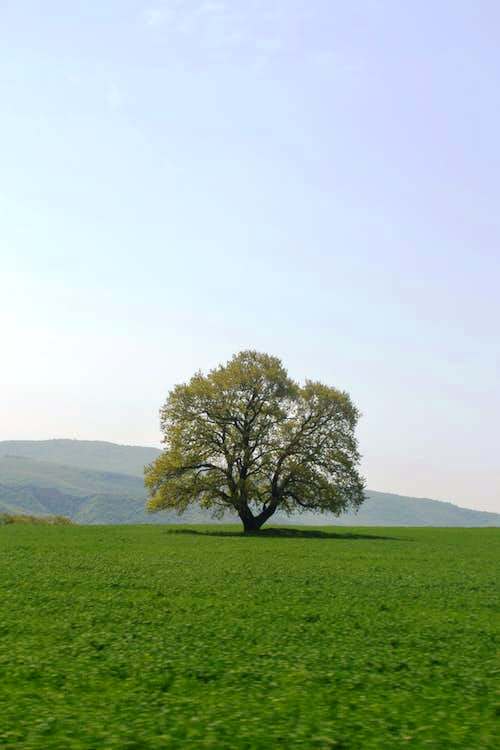You’ve waited a long time to harvest your fruits and vegetables, and now that you’ve harvested the fruits of your labor, the last thing you want to do is just throw them in the fridge and let them die, resulting in a waste of your time, money, and effort. In this article, I will teach you how to make the most of your harvest.
What Goes In The Fridge?
Some vegetables will go in the fridge, and some must be left over the counter; most people throw everything in the fridge, which reduces the lifespan of those vegetables. Broccoli, cauliflower, sprouts, cucumbers, and peppers go in the fridge. Vegetables such as mushrooms must be put in a paper bag, or else they will get moldy.
Lettuce and leafy vegetables should be put in an airtight bag before being put in the fridge as they are more prone to moisture loss; you can also wrap them in a damp paper towel to retain humidity.
On The Counter
Most fruits are to be left on the counter; keep in mind that some fruits continue to ripen when left out in the open, and once they have reached the desired ripeness, they can then be shifted to the fridge.
In The Dark
Some veggies that like a dry, low humidity, and dark environment are onion, garlic, and shallots.
Wash Or Not To Wash?
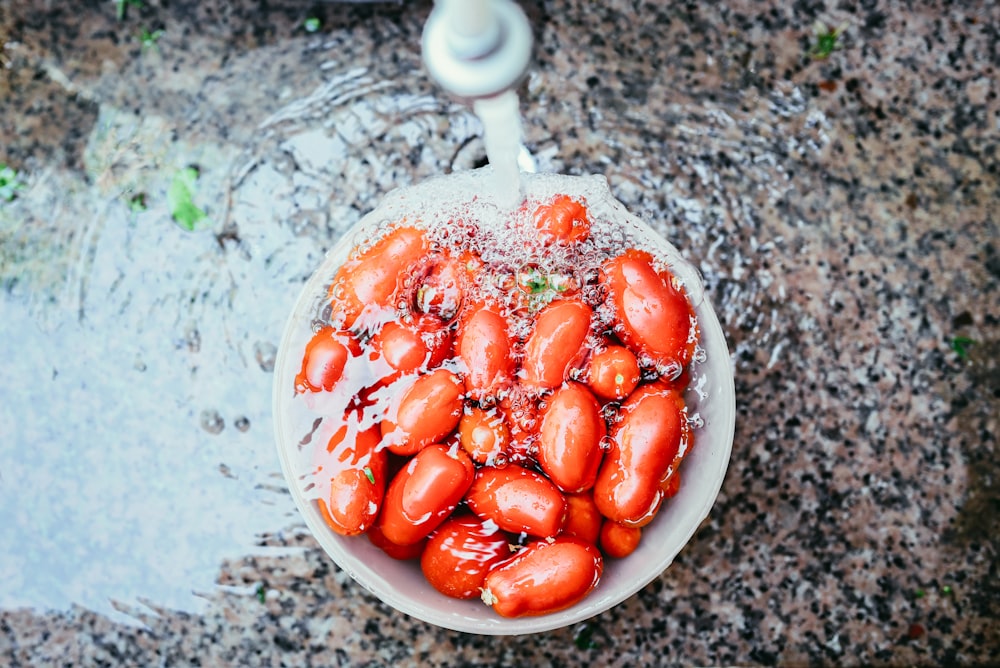
You may think it is best to wash your vegetables as soon as you pick them, but you are wrong. It is best to wash your vegetables only when you use them, as washing your vegetables will diminish their lifespan.
Whenever you are harvesting your produce, you should be very careful. If you bruise or scratch your produce, it can cause them to rot or ripen quicker.
Keep In A Glass Of Water
Did you know that you can store your herbs such as mint, cilantro, and basil in a glass of water that can then be stored in the fridge? For better conservation, place plastic over it to retain moisture. Herbs should be made in a bouquet. However, you can store basil on the counter in a glass of water.
Alternatively, you can loosely wrap your hard, woody herbs, such as sage, rosemary, thyme, and oregano, and in a damp paper towel and place them in a sealed bag. The paper towel will prevent the herbs from drying out.
Freeze The Extra
Freezing your vegetables is a good way to take advantage of peak-season produce all year long. First, wash items and dry thoroughly; make sure to get every water out because if they retain moisture, the vegetables will rot. Most fruits and vegetables freeze better when they are raw; however, some are best blanched beforehand, such as broccoli, asparagus, okra, and string beans.
Onions And Potatoes – Need To Be Separate
When cooked together, onions and potatoes are a great match, but they don’t get along when it comes to storage. It’s preferable to keep them separate and in a well-ventilated area. Onions and potatoes both exude moisture, which might cause them to deteriorate more quickly. Onions also release ethylene fumes, which might hasten the rotting of neighboring potatoes. On the other hand, garlic can be stored alongside onions if the papery exterior of the garlic is kept intact until ready to be used.
Store Your Herbs In Ice Cubes

Making frozen herb cubes is a great method to preserve your herbs. Break up the herbs by hand and place them in ice cube trays. Fill the cubes halfway with olive oil or coconut oil and lay them in the freezer to solidify. Place in a freezer-safe container with a label. Simply drop them in your favorite meals when you’re ready to use them.
It is important to store your vegetable properly in order to avoid wastage; let us know what your favorite storage method is.

